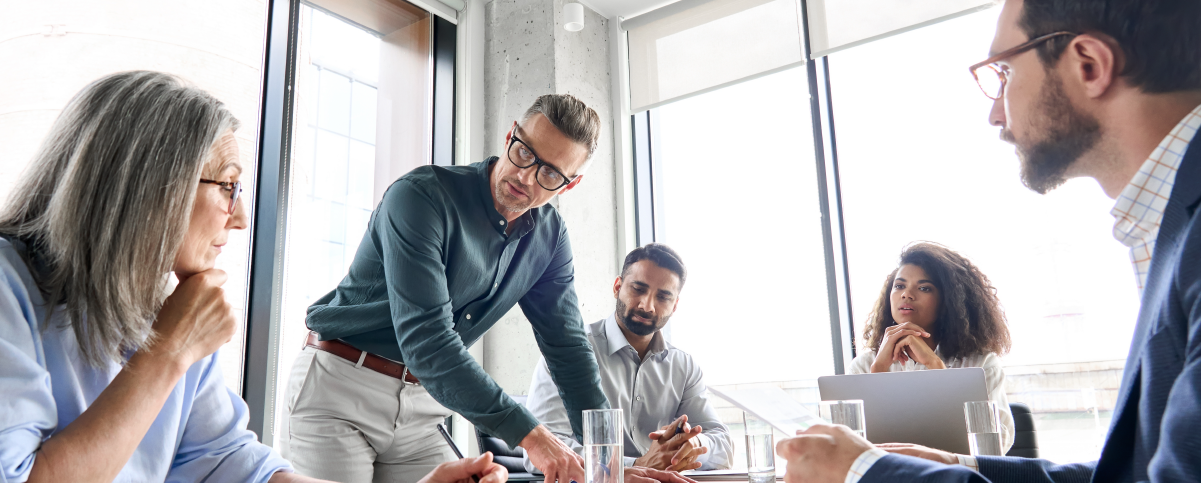The Universal Experience That Created the Discipline of Jury Research

As a discipline, Trial Consulting is a relatively new field. Those in litigation who have been doing jury research –– have only been doing so for about 45 years. When I first started doing jury research in the mid 90’s, it was still a very new field and I had to explain to people what I did, but that isn’t the case anymore. Almost everybody has heard of trial consultants these days – and now there’s a primetime show on a major network about it.
Why jury research?
In most cases, both sides are going to have an expert or two, and usually in the juror’s minds these cancel each other out – both expert witnesses will usually have great credibility and credentials. If you’re a juror, you’ll likely have to toss those people aside and then figure out some other way to decide the case.
As a trial consultant doing jury research, we’re trying to do two things:
- We’re looking to find the holes in the story from the juror’s perspective.
- We’re trying to understand which life experiences and attitudes jurors are using to make sense of a case and come to a decision.
During jury research, we use modern day social science research techniques to try and ascertain the answers to the following questions:
- How are these jurors individually trying to decide the case?
- What facts and information are most important to them in deciding the case?
- How do they use those facts and information when making their decision?
When attorneys realized the need for jury research
Jury research became a legitimate aspect of trying a case because many attorneys had some version of this experience: an attorney gets a good case; they’ve got some good facts, a good judge, and they’re in a venue that usually is very open to the type of case that they do. They go to trial and pick what they think is a good panel. The attorney feels like they did a good job in getting their proof in, did a great job in closing; maybe felt like they were feeling a little love from the jury during that closing. The jury goes back and deliberates, and then they come back, and the attorney has lost the case.
Why?
After talking to the jurors, the attorneys realize that the most important thing in the way the jury decided this case was something neither side recognized as being important or worthy of talking about. Essentially, there was a hole in the story. And so, the jury filled that hole in because they don’t like a vacuum – nature, after all, abhors a vacuum. And the jurors filled in that hole with what came from their life experiences.
The attorneys realized had they known about this issue, they could have addressed it. The case’s outcome could have been very different. Over time, this experience kept happening repeatedly. And in response, attorneys turned to people in the social sciences – psychology, communications, and sociology – to try and better understand how jurors make decisions.
When jury research went virtual
Up until a decade ago, jury research was largely an in-person experience. Then around eight years ago, DecisionQuest (a U.S. Legal Support company) realized there had been a tipping point in technology in terms of the number of people who had computers and high-speed internet access. By the early 2010’s, personal computers had been around for about 15 years, and so, almost everybody was using computer or had access to one—even older generations.
At the time, DecisionQuest took ten cases that we had done in person and did the research over again with those cases but this time we used a digital platform to conduct the research. After extensive testing, we found the results we were getting online were almost identical to insights gained doing in-person jury research.
The onset of the COVID-19 pandemic accelerated adoption of our remote jury research platform. Fortunately for us, we had already built, designed, and tested such a platform for years. During the pandemic, we easily switched from doing research in person and online to doing everything online. The most interesting thing to me is that during this time we had a lot of clients, both plaintiff and defense, do jury research online because there was no other way, but after they do it online they’ll say, “I will never do it in person again unless there’s some special circumstance.”
Experience matters?
What differentiates DecisionQuest from many other trial consulting companies is most of the professionals who work for us have been working in this filed for more than 20 years. And because there were relatively so few people doing jury research even 20 years ago, we’re one of the most experienced trial consulting companies in the country.
In my next post, I’ll discuss how we conduct jury research online and the differences between virtual and in-person.
Editoral Policy
Content published on the U.S. Legal Support blog is reviewed by professionals in the legal and litigation support services field to help ensure accurate information. The information provided in this blog is for informational purposes only and should not be construed as legal advice for attorneys or clients.

